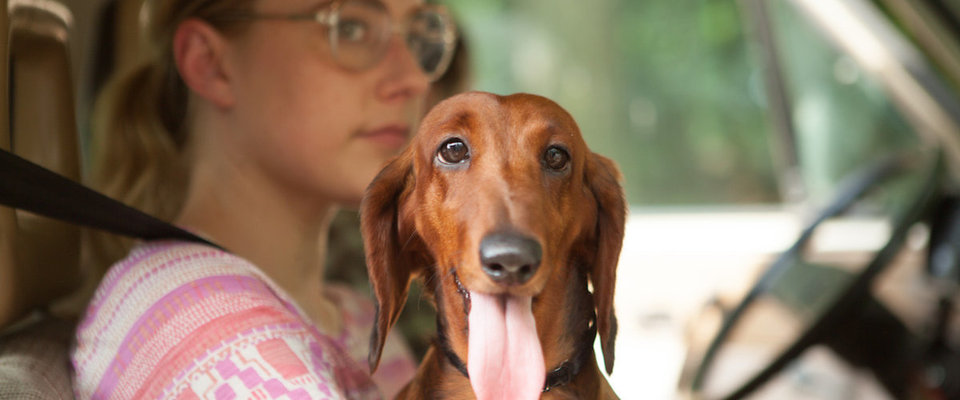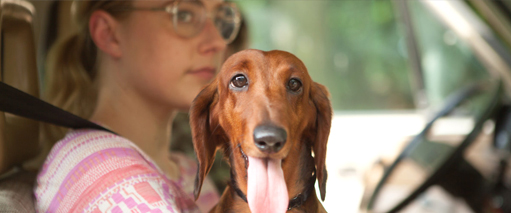Film Review: Wiener-Dog
Morosely Amused Filmmaker Constructs A Shaggy Dog Tale For A Change


Latest Article|September 3, 2020|Free
::Making Grown Men Cry Since 1992

